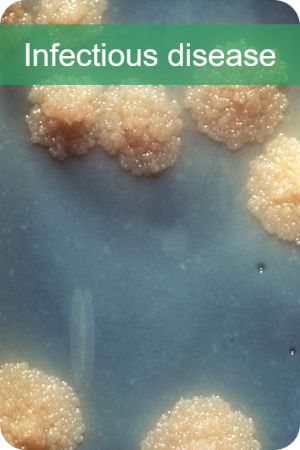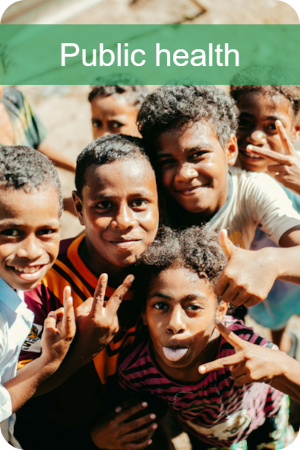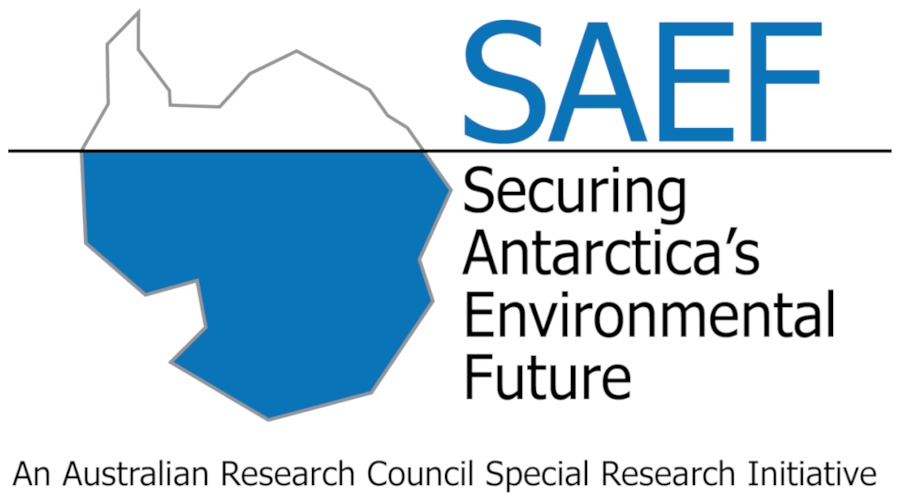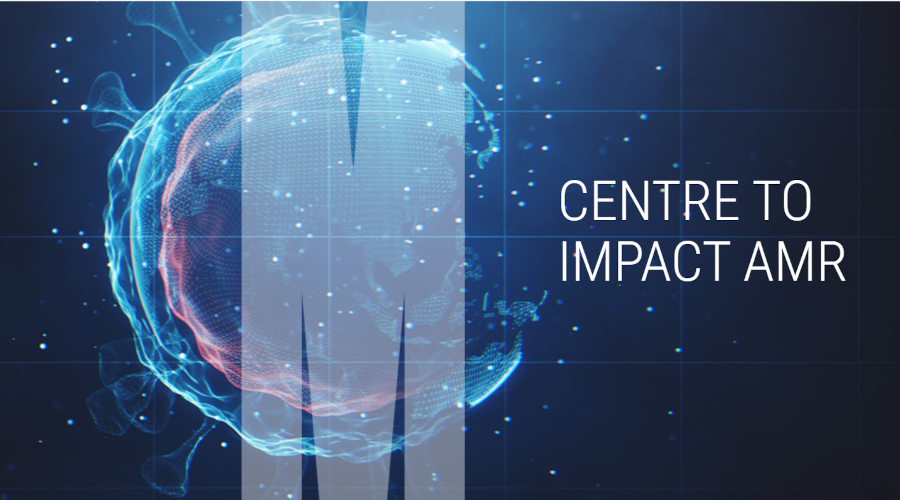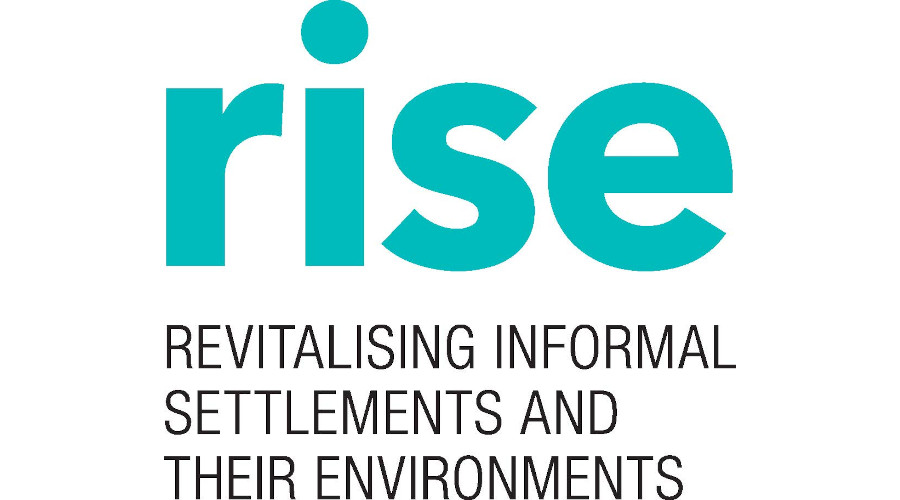GREENING LAB | RESEARCH
Bacteria can persist in almost all environments due to their unprecedented ability to survive nutrient deprivation and resist antimicrobial treatment. To achieve this, environmental and pathogenic bacteria alike enter stress-resistant dormant states. We use an interdisciplinary approach to investigate the causes and consequences of bacterial persistence.
Metabolic basis of bacterial persistence
We investigate the metabolic processes that allow bacteria to stay energised and resist stresses in their dormant states. For example, we have shown that a wide range of bacteria switch from growing on organic sources to surviving on atmospheric trace gases such as hydrogen and carbon monoxide. In other words, they can live on air! Moreover, we have provided evidence that fermentation is a widespread mechanism of energy conservation, and revealed critical roles for cofactor F420 in mycobacterial persistence and drug resistance.

Broad environmental and medical implications
Understanding the metabolism of microorganisms in their dormant state has broad implications. Click on each image below to learn more. For example, bacteria that ‘live on air’ simultaneously control levels of climate-relevant atmospheric gases and enhance the resilience and productivity of soil ecosystems worldwide. Among pathogens, we are targeting the processes that enable Mycobacterium tuberculosis to survive in host tissues and informing interventions to prevent diarrhoeal pathogens from persisting in the environment.
An interdisciplinary approach
The Greening Lab takes an interdisciplinary approach in order to understand biological processes at all levels of organisation: from enzymatic mechanisms to ecosystem importance. The benefits of an integrative microbiology approach are reflected by our work demonstrating the ubiquity of microbial H2 metabolism and multifaceted importance of mycobacterial F420 metabolism.
To achieve this, we employ a versatile suite of bacteriology, molecular biology, microbial ecology, protein biochemistry, structural biology, systems biology, genomics, and biogeochemical approaches. We synergise the diverse expertise within the team and also collaborate with world experts in areas where we are non-experts.
Partnerships for translational impact research
We are chief investigators on three major applied programs that tackle key challenges in human health and sustainability. In each of these programs, we work with different researchers (e.g. clinicians, engineers, ecologists, social scientists) and stakeholders (e.g. communities, industry, government, hospitals) to facilitate translation of fundamental research into applied practice. Within the Centre to Impact AMR, we also run a facility for antimicrobial resistance surveillance and antimicrobial compound / device testing. To learn more, click on logos below:

